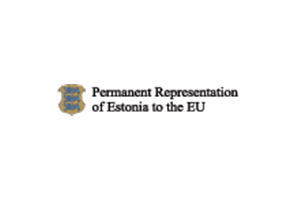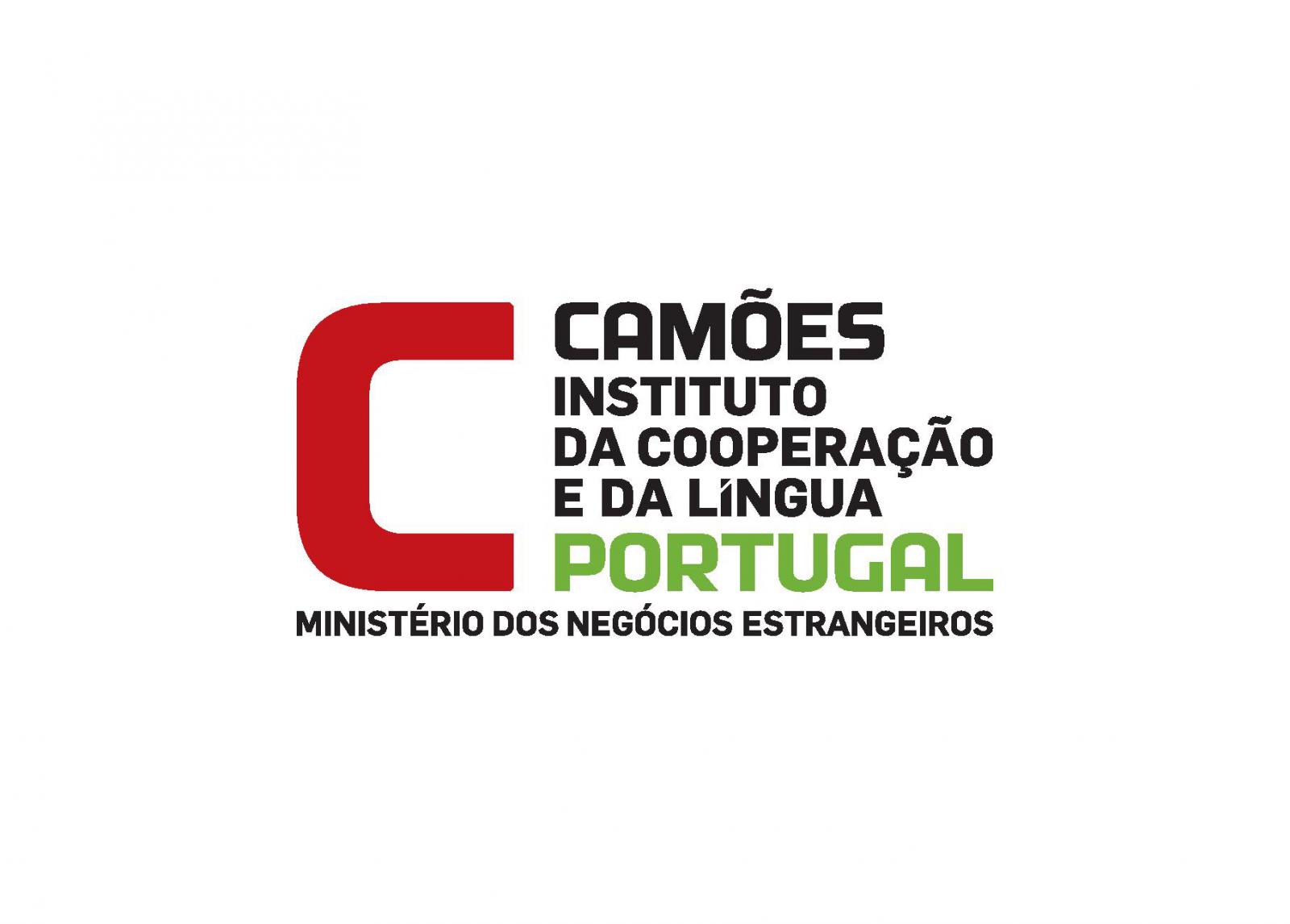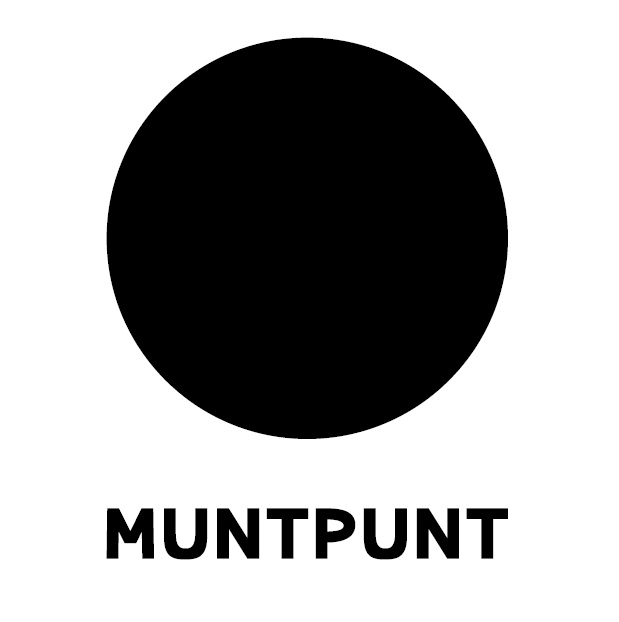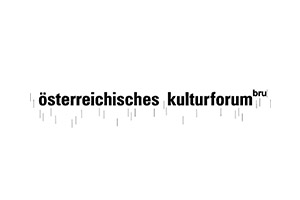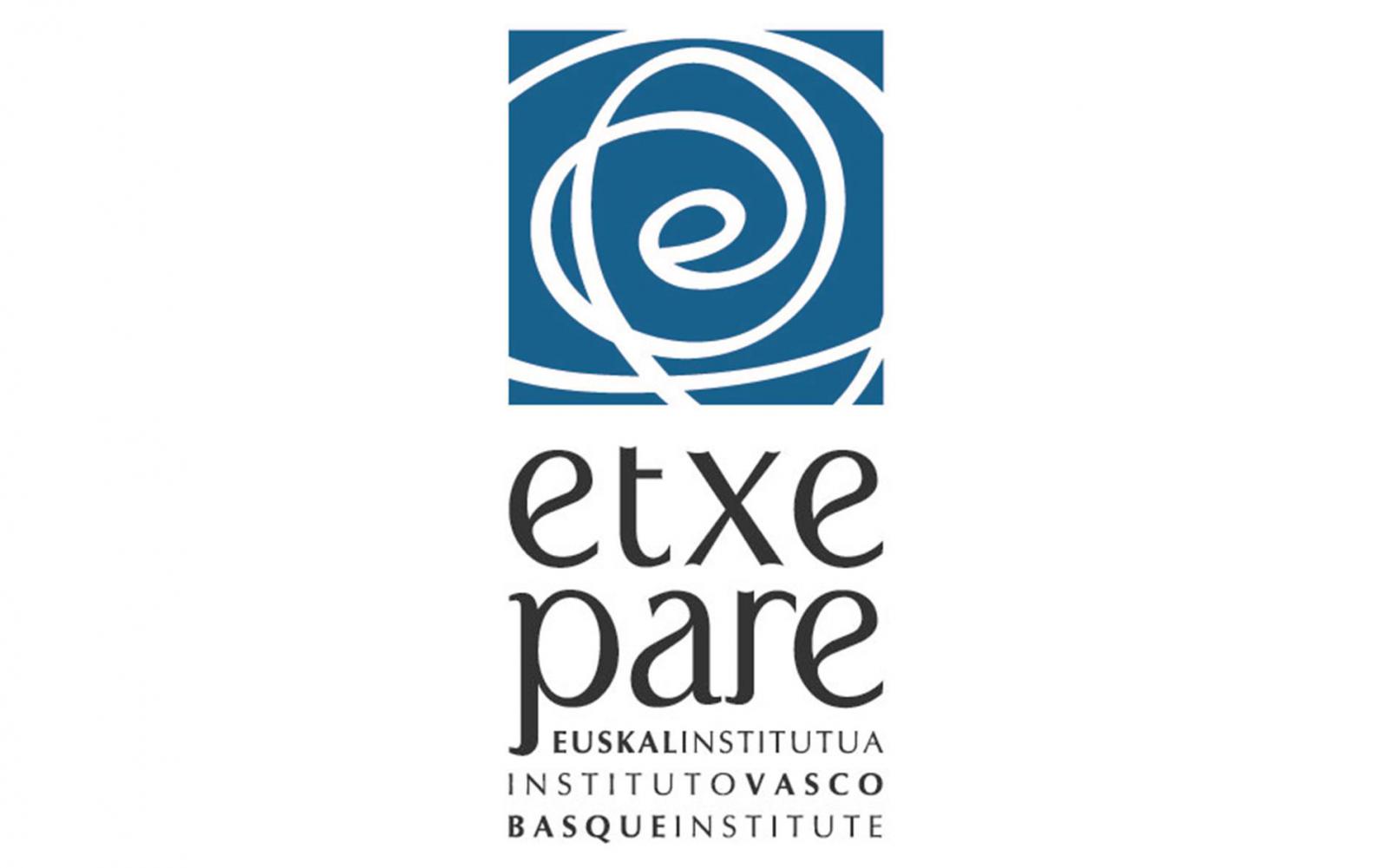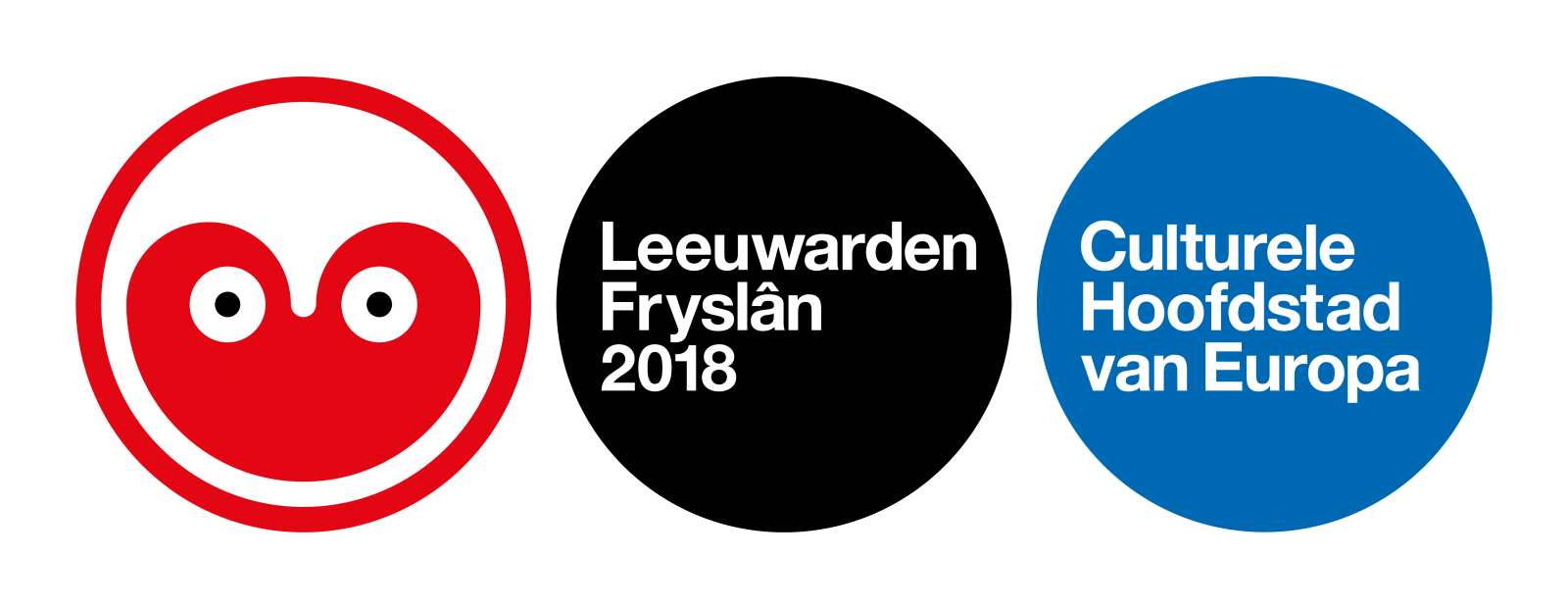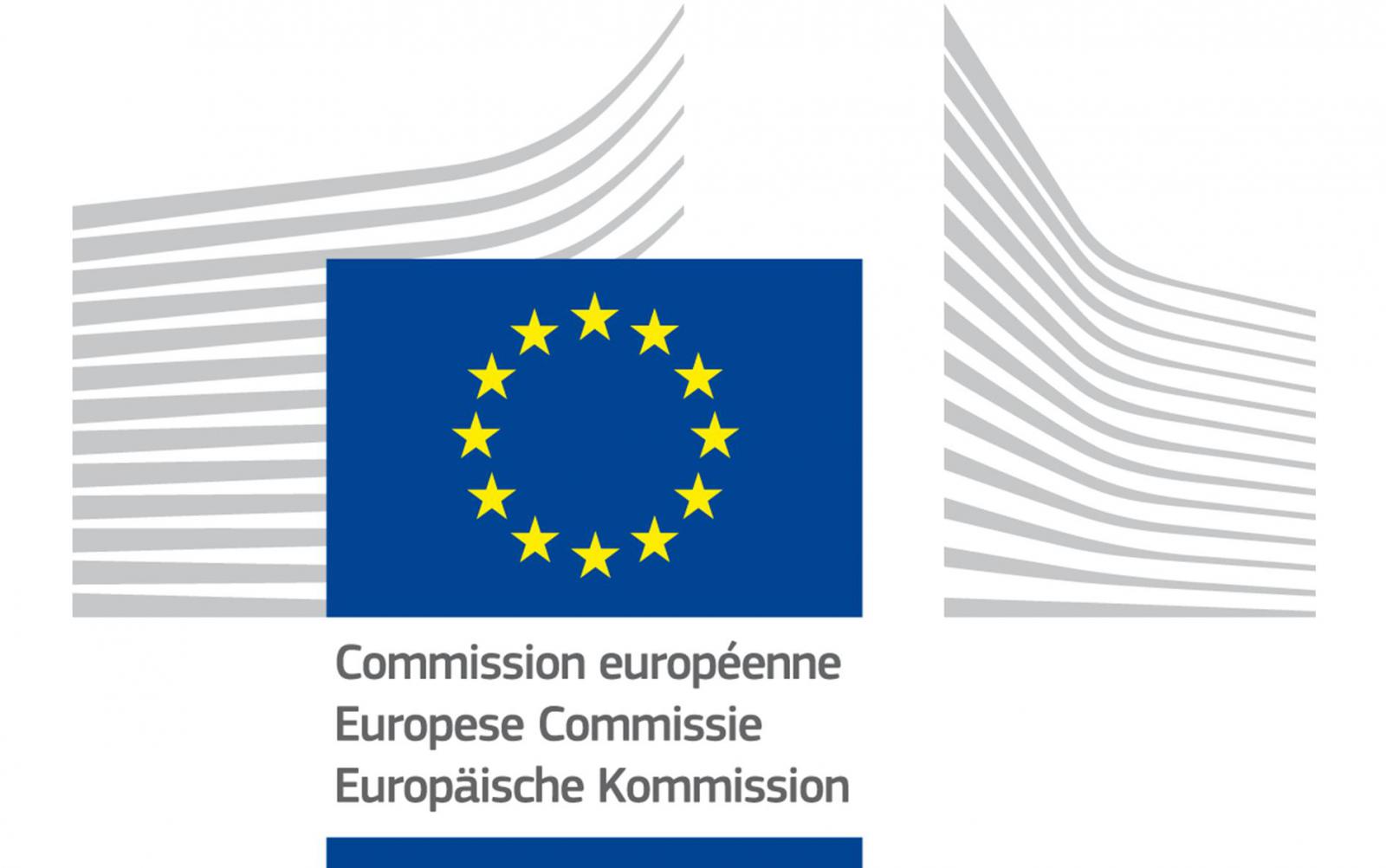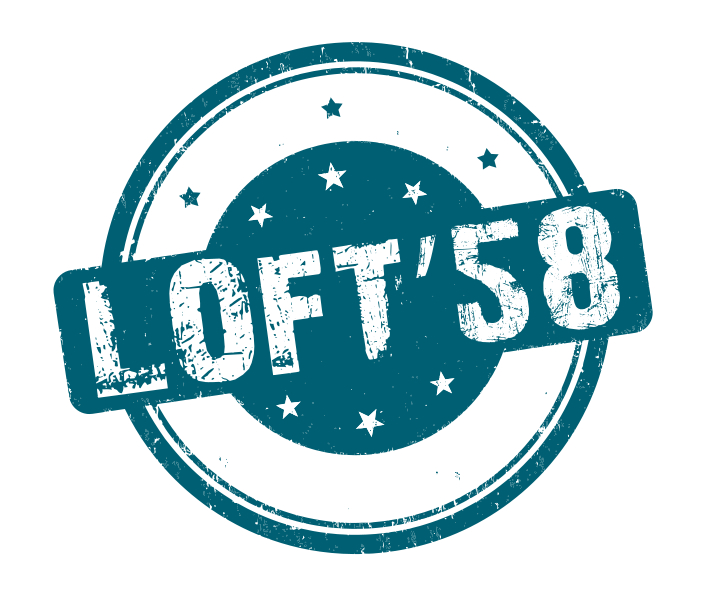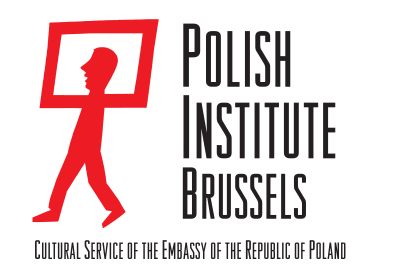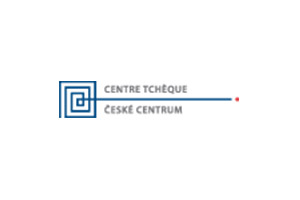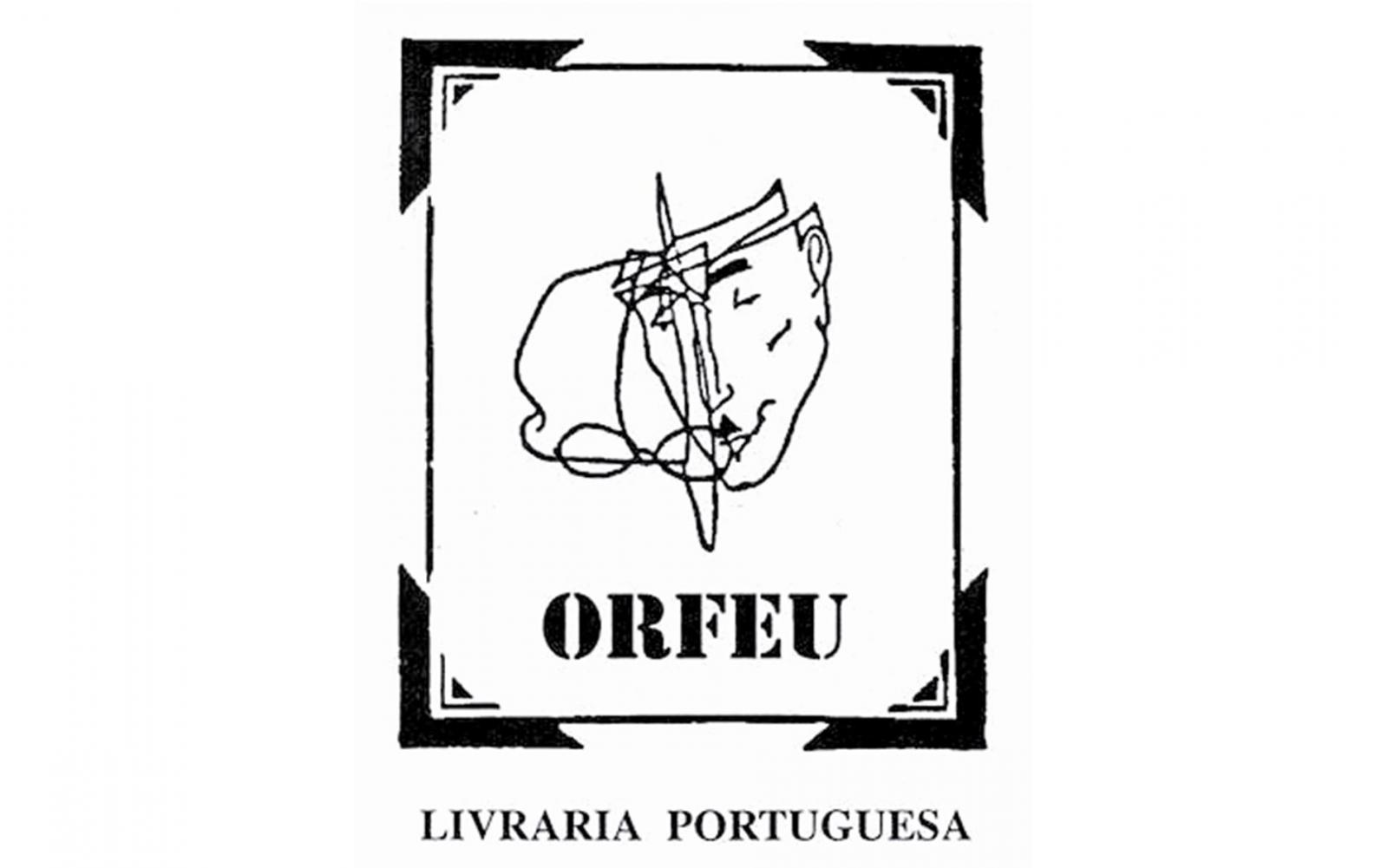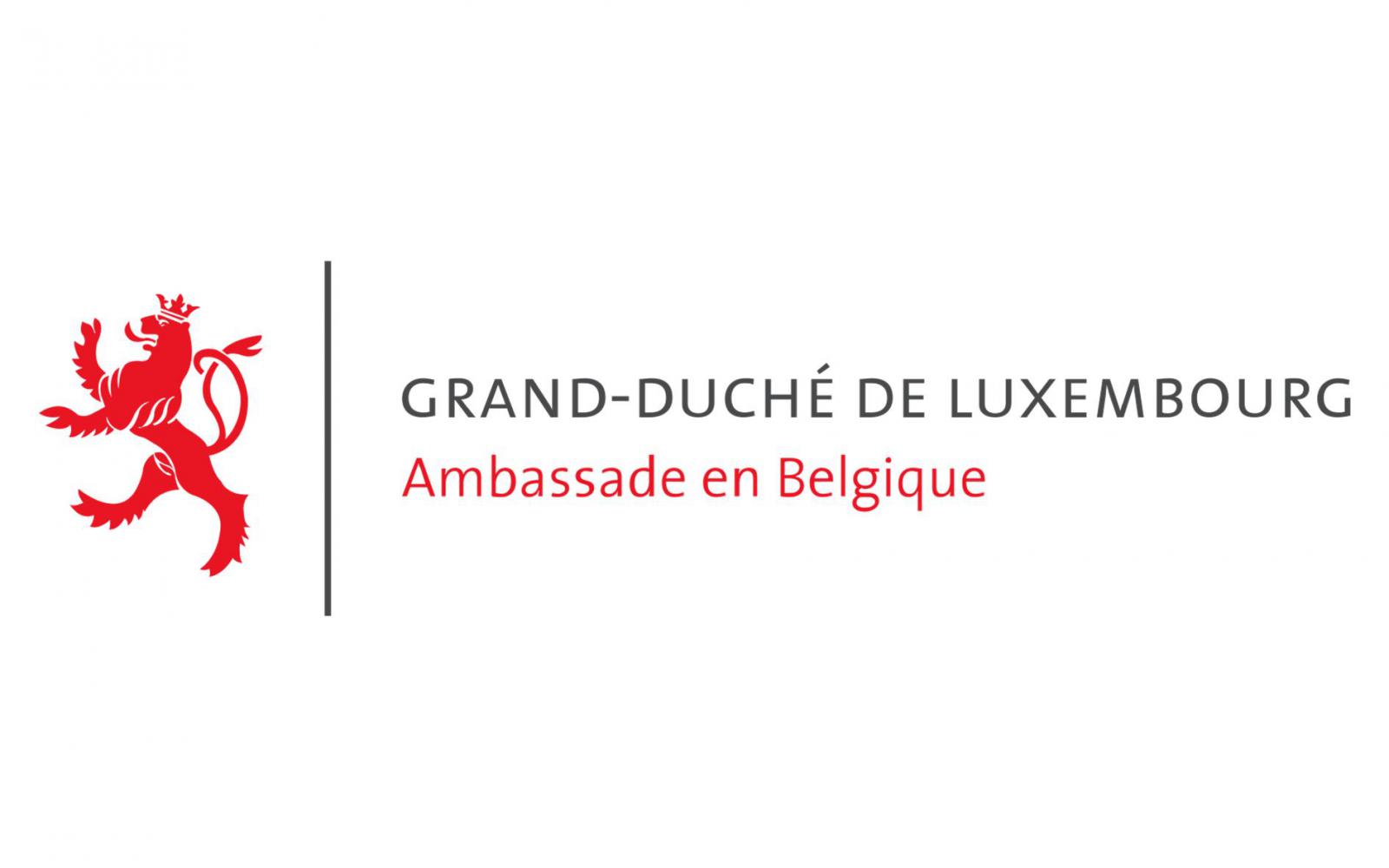Find a poet
Latest updates
-
TRANSPOESIE 2025
09/24/2025 -
Transpoesie 2025 - Programme
09/24/2025 -
Transpoesie 2025 - Open Call
04/16/2025
Indrek KOFF
©Dmitri Kotjuh
Indrek Koff was born in Pärnu in 1975. He graduated from the University of Tartu in French language and literature. He has taught at several Estonian universities and worked as a freelance translator since 1998. Koff has translated from the French and Portuguese into Estonian a number of highly important works by authors including Foucault, Maeterlinck, Houellebecq, Claude Lévi-Strauss, Eric-Emmanuel Schmitt, Machado de Assis and others.
Koff primarily enjoys writing for children. Still, his characteristically pithy writing for adult readers makes him one of the most intriguing authors on Estonia’s poetry scene today. He made his debut in 2006 with the unusual poetry collection Vana laul (An Old Song), which speaks simply and pleasantly about human lives through the theme of kisses. Indrek Koff’s 2010 “hysterical treatise” Eestluse elujõust (On the Energy of Estonian Essence), received Estonia’s most prestigious award for poetry, as well as two additional print runs. The work is exceptional: it is an assemblage of everyday Estonian sayings complemented by a few musings about the nature of Estonianness. Thus, it is somewhat of an experiment filled with playfulness, self-irony, seriousness, and theatricality; highlighting a kind of humorously embarrassing collective unconscious that, for Estonians, is very recognizable.
©Dmitri Kotjuh
Indrek Koff est né à Pärnu en 1975. Il poursuit des études en langue et littérature françaises à l’université de Tartu. Il a enseigné dans plusieurs universités estoniennes. Depuis 1998, il est traducteur indépendant. Koff a traduit en estonien des auteurs français, brésiliens et américains parmi lesquels figurent, entre autres, Foucault, Houellebecq, Claude Lévi-Strauss, Eric-Emmanuel Schmitt, Machado de Assis.
En tant qu’auteur, Indrek Koff écrit surtout pour les enfants. Néanmoins, son écriture incisive pour un public adulte fait de lui un des auteurs les plus fascinants sur la scène poétique estonienne de nos jours. Il fait son début en 2006 avec un recueil inhabituel intitulé Vana laul (Un Chant ancien) qui décrit la vie humaine à travers le motif de baisers. Son “traité hystérique” Eestluse elujõust (De l’identité estonienne) paru en 2010 remporte le prix poétique le plus prestigieux de l’Estonie et sera un succès éditorial. Il s’agit d’une création exceptionnelle : l’auteur présente un assemblage de phrases stéréotypes et les accompagne de réflexions sur l’essence de l’identité estonienne. Ainsi, le texte devient une expérience ludique marquée d’auto-ironie, de gravité et de théâtralité mettant en lumière une sorte d’inconscient collectif dans lequel les Estoniens se reconnaissent, des éléments empreints d’humour mais qui peuvent en même temps s’avérer gênants.
©Dmitri Kotjuh
Indrek Koff werd in 1975 in Pärnu geboren. Hij behaalde een diploma Franse taal en literatuur aan de Universiteit van Tartu en studeerde tevens aan de Hogeschool voor Vertalers en Tolken in Parijs. Vanaf 1998 onderwees hij aan verschillende Estse universiteiten en werkte als freelance vertaler. Zowel uit het Frans als het Portugees heeft Koff enkele zeer belangrijke werken vertaald, waaronder auteurs zoals Foucault, Maeterlinck, Houellebecq, Claude Lévi-Strauss en Eric-Emmanuel Schmitt.
Koff houdt vooral van schrijven voor kinderen. Toch is het zijn typisch pittige schrijfstijl voor volwassenen die van hem één van de meest intrigerende auteurs uit de actuele Estse poëziescène maakt. In 2006 maakte hij zijn debuut met het ongewone gedichtenbundel Vana laul (Een Oud Lied), waarin hij op eenvoudige en vrolijke wijze spreekt over mensenlevens via het thema van de kus. Met zijn “hysterische verhandeling” Eestluse elujõust (Over de Energie van de Estse Essentie) won Indrek Koff in 2010 de meest prestigieuze Estse prijs voor poëzie. Het werk dat tot tweemaal toe bijgedrukt werk, is een bijzonder werk: een assemblage van dagelijkse Estse uitdrukkingen, aangevuld met mijmeringen over het wezen van het Est-zijn. Hiermee is het een soort experiment vol speelsheid, eigenironie, ernst en theatraliteit, dat die dingen beklemtoont die voor esten zo herkenbaar en soms toch ook grappig gênant zijn.
©Dmitri Kotjuh

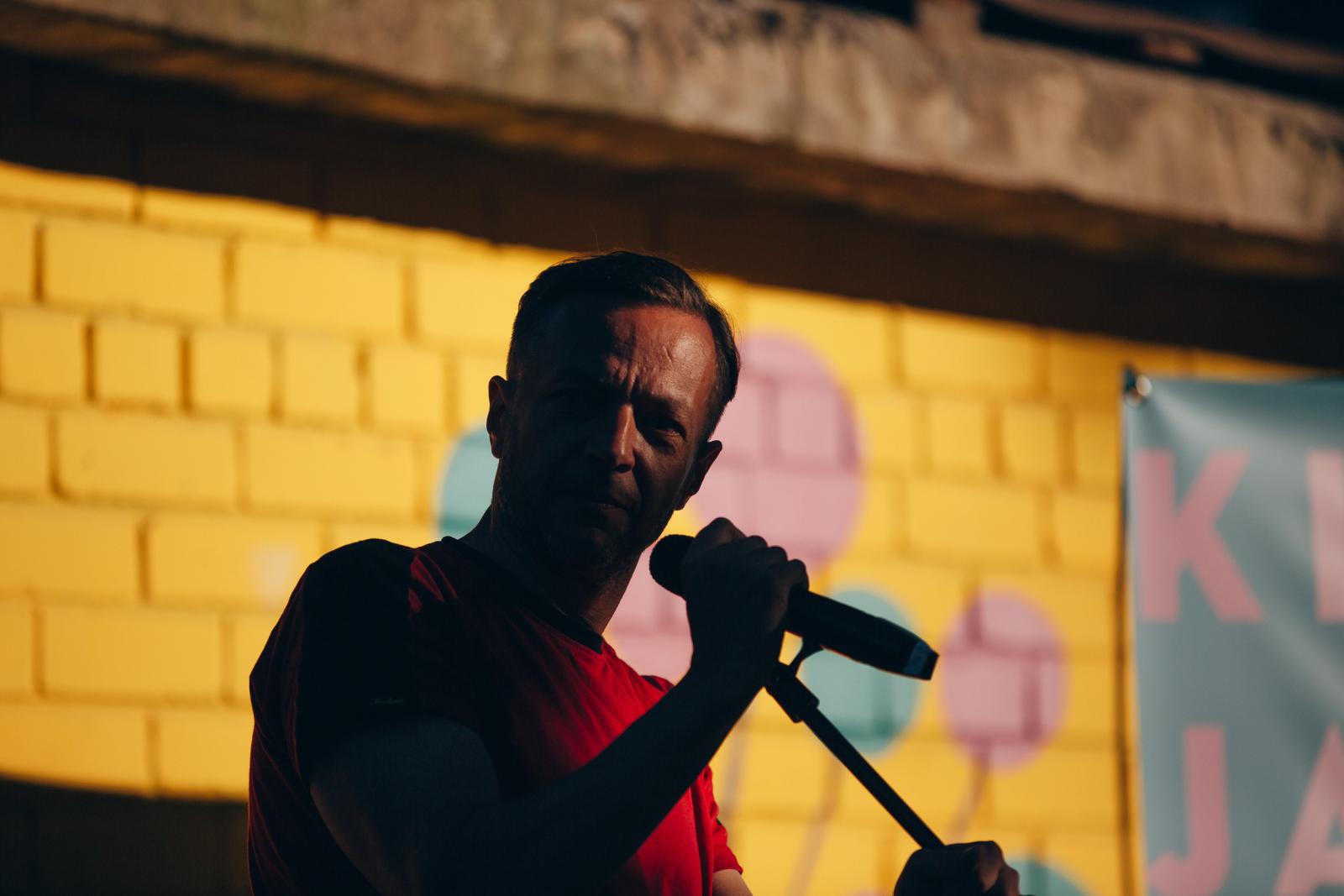


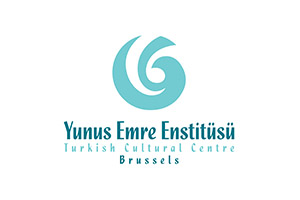
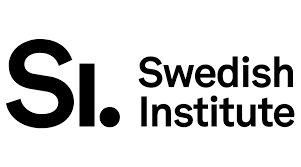
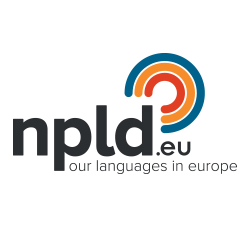

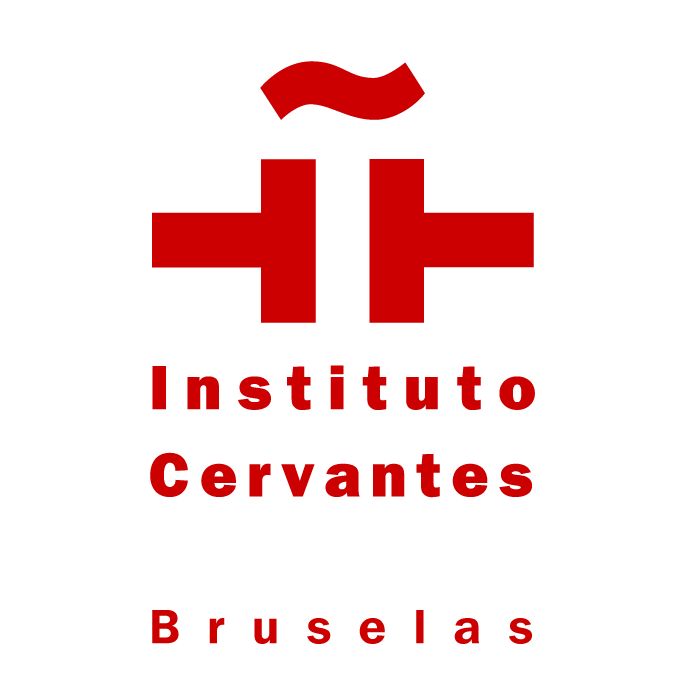


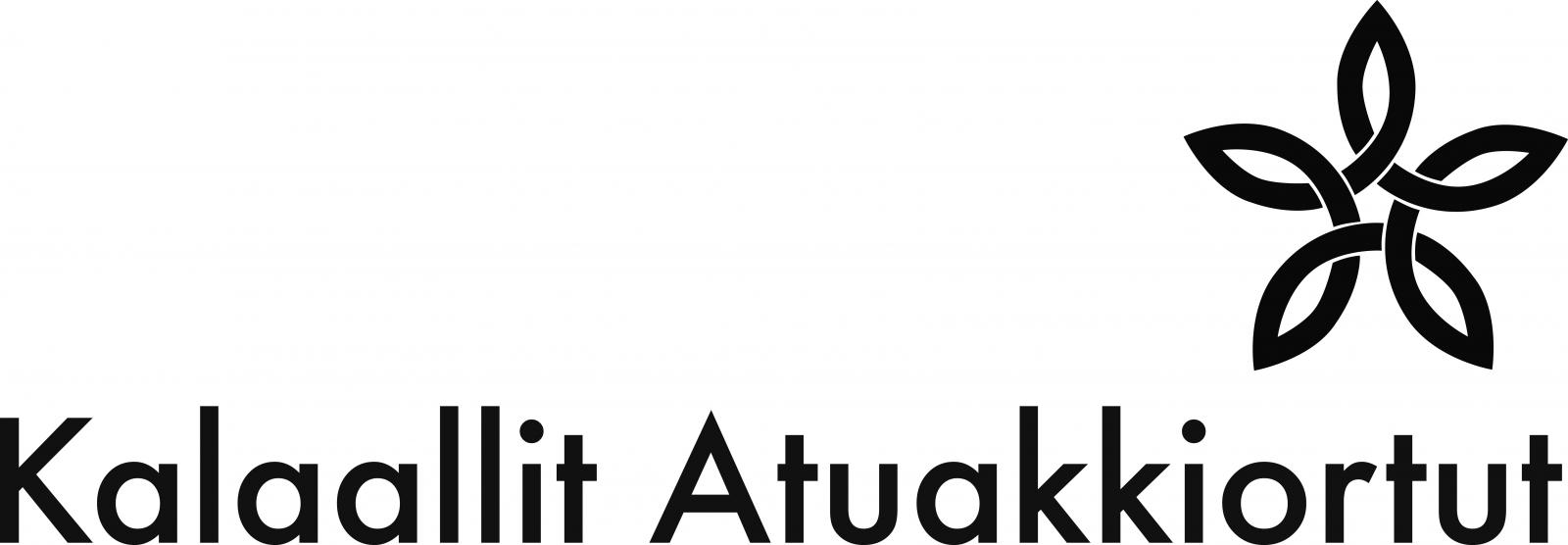


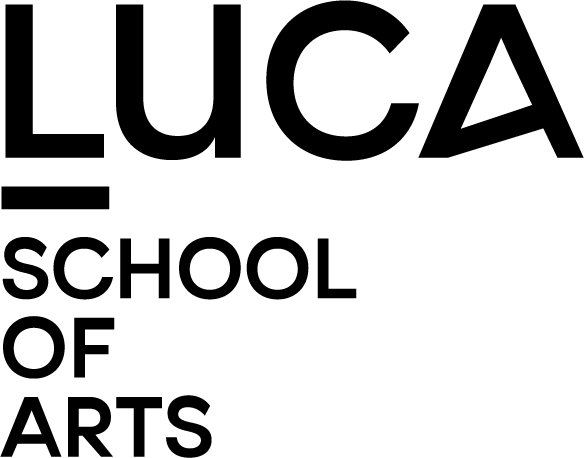

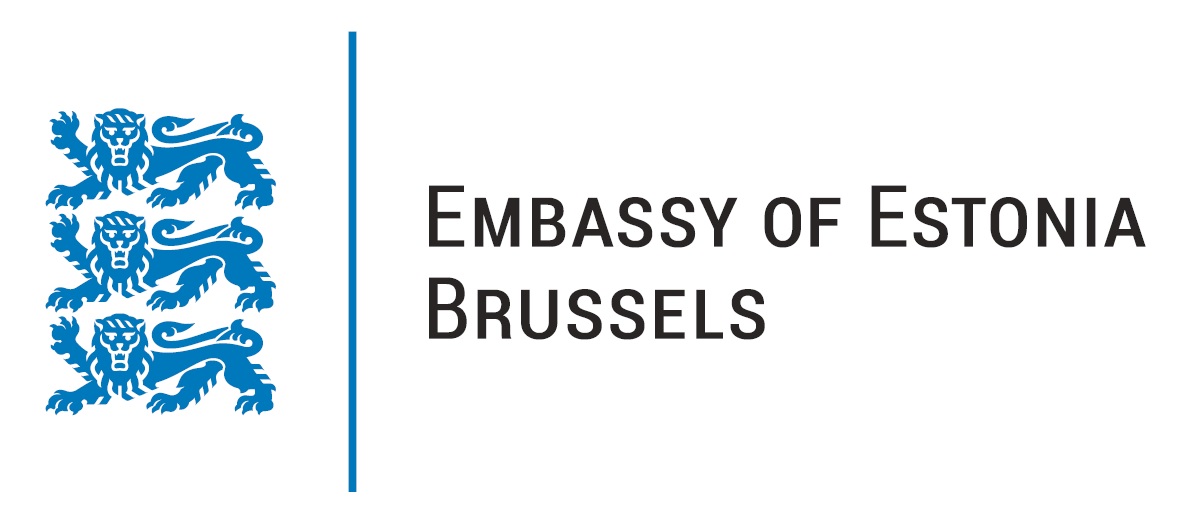
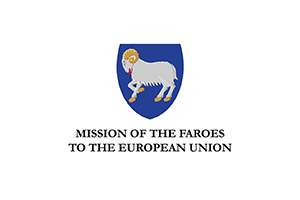

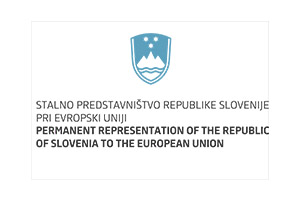


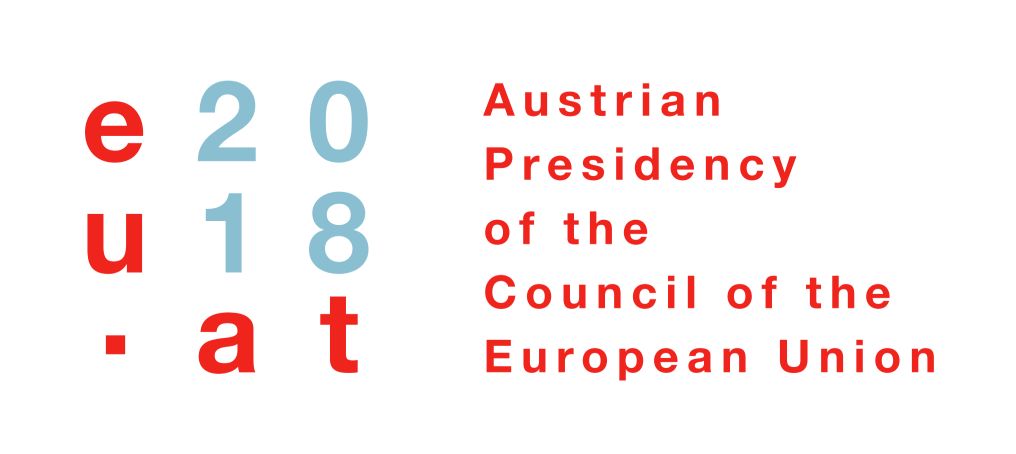
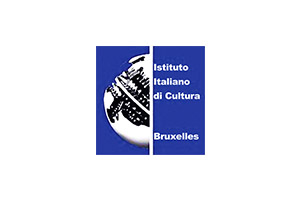
/RO - on the website.png)
